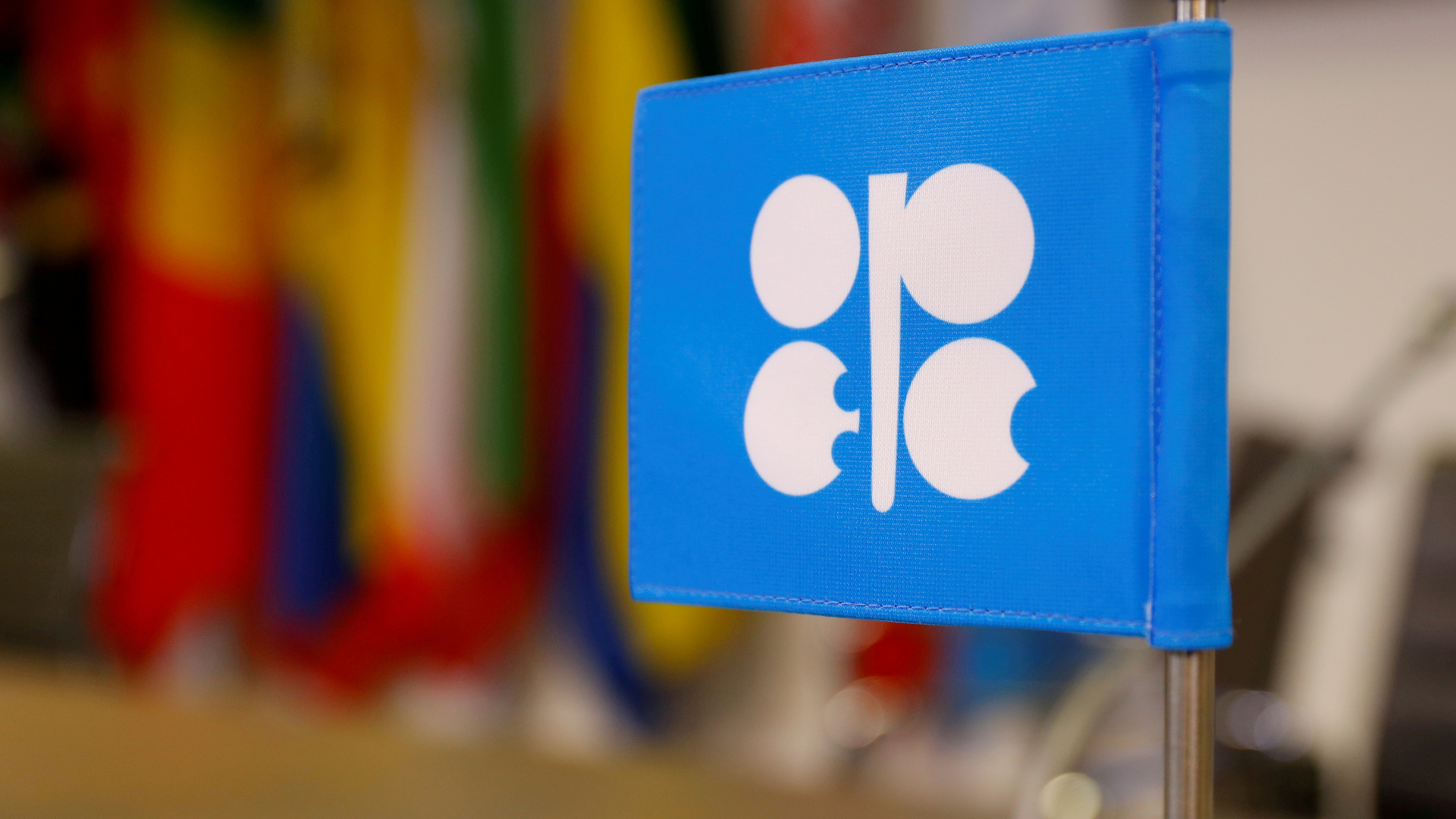To date, global oil consumption has recovered 90% after a sharp collapse in the spring due to the coronavirus pandemic.
This was announced on Wednesday, September 2, by Russian Energy Minister Alexander Novak.
According to him, as early as next year, global demand for raw materials may return to pre-crisis levels.
“According to some estimates, demand will recover in 2021, there are different estimates - either in the first half of the year or in the second, much depends on how the world economy will recover today, restrictive measures will be lifted,” Novak said at a meeting on the current state oil and gas industry in Russia.
In addition to the abolition of quarantine restrictions in a number of states, a vaccine against coronavirus registered in Russia may have a positive effect on oil consumption in the world, the minister said.
“We hope that this will affect the fact that there will be no second wave in the world, there will be a faster recovery in demand.
We will react to this, within the framework of OPEC + we keep our finger on the pulse, ”said the head of the Ministry of Energy.
According to the International Energy Agency (IEA), as a result of the coronavirus pandemic and massive border closures in the first half of 2020, global demand for energy resources decreased by 10.75 million barrels per day.
Meanwhile, as the organization expects, by the end of the year, global oil consumption will decrease by 8.1 million barrels per day - to 91.9 million barrels per day.
“First of all, the revival of global oil demand is associated with the recovery of economic activity in China, which began to remove anti-virus restrictions earlier than other countries,” Dmitry Babin, an expert on the stock market BCS Broker, told RT.
According to the IEA, China is currently the largest oil buyer in the world.
Meanwhile, according to the estimates of analytical agency Caixin, the PMI index of business activity for the first time since 2011 rose to the level of 53.1 points.
According to Alexander Novak, the actions of the countries participating in the OPEC + deal also helped stabilize the situation on the world oil market.
As a reminder, since May 1, the members of the agreement have resumed their partnership and, in order to combat the global surplus of raw materials, they are reducing oil production.
The actions of the states are aimed at restoring the balance of demand and supply of hydrocarbons in the world market, which should support the rise in prices after the spring collapse.
From May to July, production of raw materials in the countries participating in the agreement decreased by a total of 9.7 million barrels per day compared to the level of October 2018.
Since August, the states have agreed to somewhat soften the restrictions - up to 7.7 million barrels.
© Leonhard Foeger / Reuters
Note that in the summer, against the backdrop of the fulfillment of the OPEC + agreement, the price of Brent crude rose by more than 20% and is currently trading near $ 44-46 per barrel.
According to Alexander Novak, in the absence of agreements between the exporting countries, prices for raw materials would be at least half the current level.
“Today we would observe the price not of $ 45 (per barrel. -
RT
), but in the region of $ 10-20 (per barrel. -
RT
), and at some moments the prices would be negative,” the minister emphasized.
In the event of a further recovery in global oil demand and the absence of a second wave of the pandemic in 2021, the price of oil may exceed the psychological mark of $ 50 per barrel.
This point of view in a conversation with RT was expressed by leading analyst at Forex Optimum Ivan Kapustyansky.
“Judging by the technical picture on the oil market, everything goes to the fact that the price of Brent will continue to grow.
Within the medium-term trend, the next significant target is the level of $ 50 per barrel.
After reaching this mark, further growth to the level of $ 60 per barrel is not excluded, ”the expert noted.
According to Dmitry Babin, the return of oil prices to the pre-crisis level should have a positive effect on economic activity in Russia.
In particular, the rise in the cost of raw materials will improve the filling of the budget and the National Welfare Fund (NWF), Ivan Kapustyansky believes.
“Undoubtedly, the growth of quotations will have a positive effect on the country's budget.
This is due to the fact that one third of the treasury was formed at the expense of oil revenues.
Also, the dynamics of the NWF replenishment depends on the cost of raw materials.
According to the budget rule, revenues from the sale of raw materials at a price above $ 42.5 per barrel should go to the fund, ”Kapustiansky concluded.

